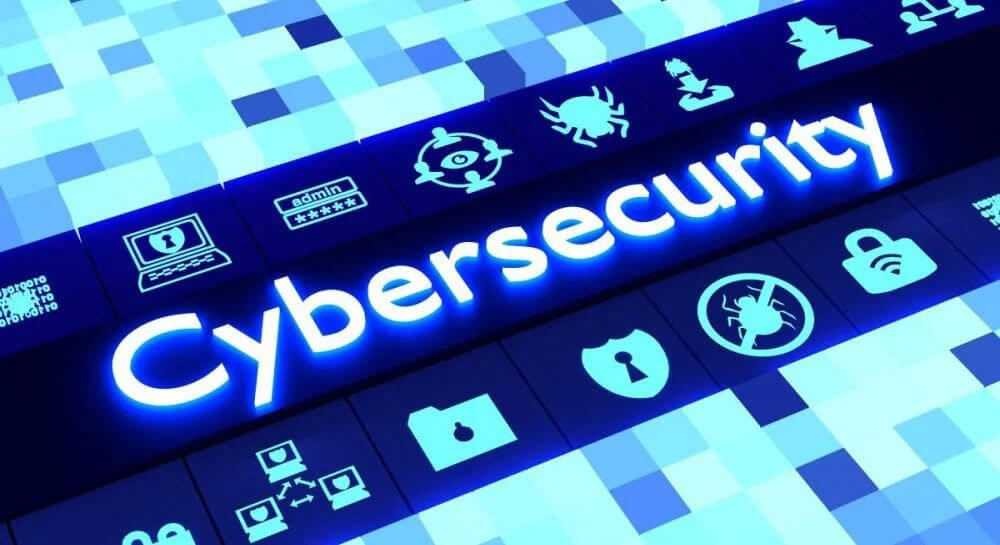Cybersecurity is paramount. Top tips on how to protect your passwords.

Cybercrime is one of the key global risks of our time. Online attacks have different formats, but the first line of defense against them is a strong password.
“Forewarned is forearmed” – so say the British.
And it’s not just about personal pages on social networks and gadgets. Hackers are more interested in corporate accounts on various online services.
If your password is compromised, it can lead to the following consequences:
- Identity theft. Criminalsgain access to names, addresses, phone numbers, and other personal data.
- Financial losses. Hackers can take money from your bank accounts or credit cards.
- Reputation damage. Hackers can use your account to spread misinformation or publish unwanted content.
So, obviously, a password is the first and very important level of protection against account hacking. It is very important to take care of its reliability.
How passwords are stolen
Criminals use three main ways to intercept passwords:
- Intercept passwords on the way from the client to the server
- receive passwords from the user
- intercept passwords on the server side by exploiting its vulnerability

How do you protect your passwords?
- Don’t use short and simple passwords, like 12345, qwerty, abvgd, etc.
Help: Unfortunately, some accounting systems do not allow you to use the entire set of characters. However, basic characters such as !”#%&*/^:}|~$;’:_?() can be added in almost any modern service.
Tip: Here are some good examples:
- Z8j17$#efT1cL-Jfw
- Pas-bRO@-@hdHogG4X
- You do not need to encrypt your data in the password, which can be easily found in the public domain: name, year of birth, phone number or slogan.
- Don’t use the same password in different accounts.
- Enable two-factor authentication.It will create an additional layer of security for your accounts. Whether it’s a code sent to your mobile device, a biometric scan, or a hardware token, two-factor authentication is a powerful barrier against unauthorized access, even if your password is compromised.
Also, don’t forget about keyloggers and other surveillance methods.
Keylogger is a software that allows you to track which keys you press on your keyboard.
Protecting passwords from keyloggers
- Don’t leave your devices unattended and protect your computer, tablet, and phone logins. Also, use password managers in the workplace so that your keystrokes cannot be tracked and recorded.

Please note! There are also situations of authorized interception of the flow of information carried out by government agencies. In other cases, these actions are illegal. Let’s briefly describe the algorithm of actions performed by attackers.
- The client connects to the server and logs in. Then the attacker connects to the local network and runs a script to steal passwords.
- Then it reads and decrypts the necessary data from the cookie, impersonates the end user, and gets access to all the information it needs.
To fully protect your password, you should take the following steps…
- Test your password strength with PasswordMonster or PasswordMeter service.
- Check on haveibeenpwnedif your character combination is not listed in stolen password databases.
- Change all passwords periodically – at least once every few months.
Please remember, cybersecurity is not only a matter of technology, but also a matter of a conscious attitude to protecting your data. All of our advice will not be very effective if the pin code on your phone is still your date of birth or a common graphic key. So, complex passwords should be on every device you own, no exceptions. Stay safe from intruders.



